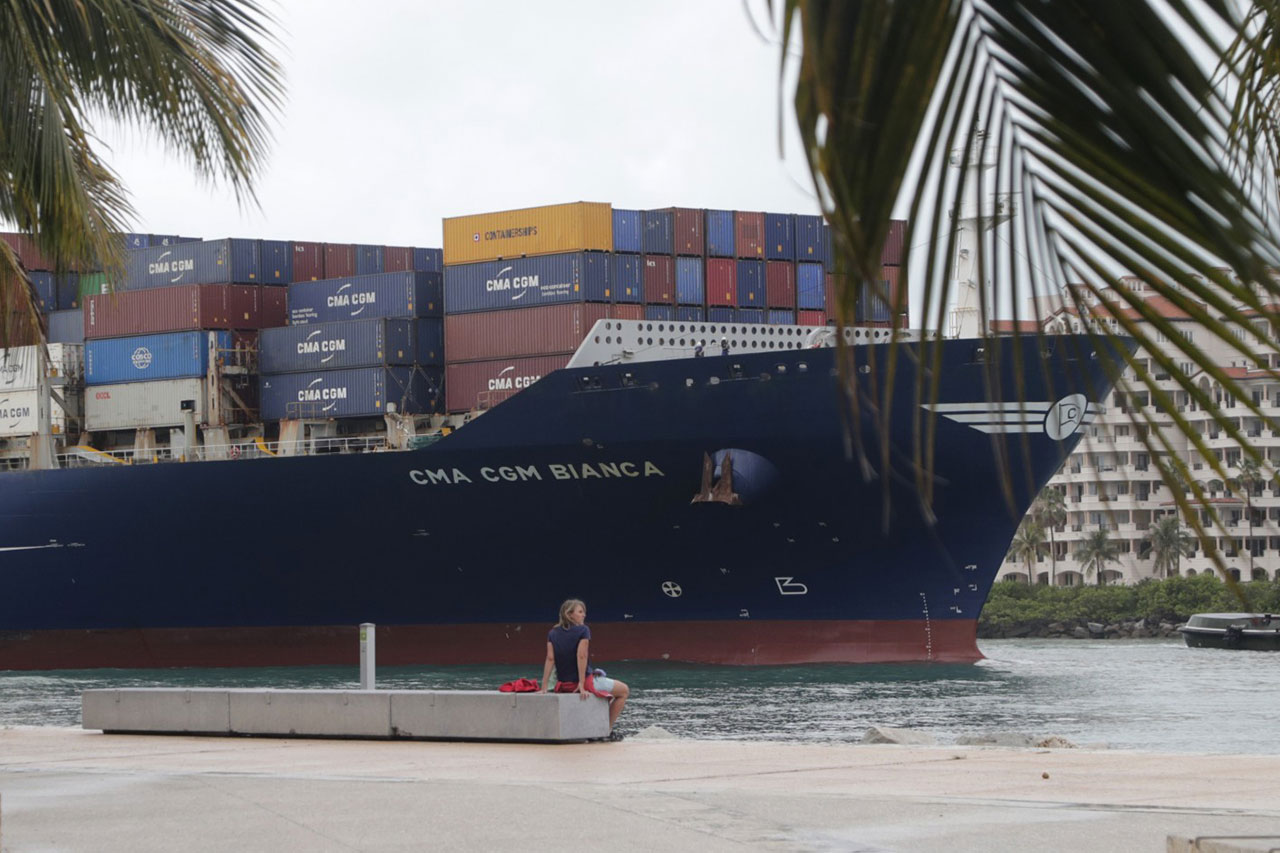This article first appeared on RealClearPolicy, May 22nd 2020
At the 73rd World Health Assembly earlier this week, public health officials from dozens of countries gathered — virtually, of course — to discuss strategies to defeat COVID-19.
One strategy worth pursuing? Tearing down trade barriers.
Every country needs access to medical supplies as cheaply as possible. But many governments raise the price of these supplies by levying needless tariffs on medicines, personal protective equipment, and vaccines. Nepal, for instance, sets a 15% average tariff on medicines. Ecuador imposes a 55% levy on personal protective equipment. And India charges a 10% tax on imported vaccines.
Some countries, including Pakistan, Brazil, Colombia and Norway, have shown leadership by temporarily exempting COVID-19 medical supplies from import duties and taxes.
That’s good news, but it’s only a temporary step. It still leaves manufacturers uncertain and undermines their preparation for future pandemics. It’d be wise for all public health authorities to push their respective countries towards permanently tariff-free trade, perhaps through a legally binding commitment administered by the World Trade Organization.
Export bans on COVID-related medical supplies are particularly problematic. By late April, 80 countries and separate customs territories had instituted export curbs to preserve supplies for their populations.
While they may secure short-term access to supplies, export bans are extremely harmful. Medicines and medical supplies have global supply chains; export bans cause significant disruption. Ventilators, for example, have over 700 separate components, sourced from various countries. Medicines also rely on globally distributed manufacturing supply chains, particularly for active pharmaceutical ingredients.
Breaking these chains could result in global shortages. We are already seeing shortfalls occurring in the global supply of medicines unrelated to COVID, such as paracetamol and antibiotics.
There is another way. Singapore and six other Asia-Pacific countries provide a model through their joint commitment to open supply chains, recognizing that export bans do more harm than good. Thirty global think tanks recently issued a declaration urging other countries to similarly preserve global supply chains.
COVID-19 is a newly identified disease; innovation will be crucial to a long-term solution. And not just in the invention of new therapeutics and vaccines, but also in their mass manufacture and rapid distribution globally.
The private sector, often in partnership with universities and government research institutes, has responded rapidly. More than 140 experimental coronavirus treatments and vaccines are under development worldwide, including 11 in clinical trials.
Governments can help in two ways.
First, they need to avoid blocking the cross-border flow of epidemiological and clinical data essential to research and development efforts for COVID-19. The bigger and more varied data sets, the more effective and rapid these efforts will be.
Data is often stranded in its country of origin, due to widespread laws requiring data storage in local servers, coupled with de facto bans of cross-border data flows. Often, such laws are presented as privacy safeguarding; in reality, they are an attempt to boost local ICT industries such as data centres. China, India, and Russia are the highest profile offenders, but far from the only ones.
If the necessary privacy and legal safeguards are in place in destination countries, governments should confidently allow a freer regime for COVID clinical and epidemiological data. Without it, new treatments will be delayed, and lives needlessly lost.
Second, governments should not rush to pre-emptively remove intellectual property rights for any new COVID-19 treatments or vaccines that emerge in the coming months.
The World Health Organization discussed a resolution this week which backs the rights of countries to ignore patents in order to gain access to these yet to be invented drugs.
This is totally misdirected. The real problem is the current paucity of IP for COVID-related medicines. The world needs more companies to join the quest for new treatments and vaccines, but such policies send a strong signal to stay away.
A potential problem with manufacturing and distribution looms too. If governments do co-opt the IP of any successful treatment or vaccine, they face the logistical nightmare of coordinating the manufacture and global distribution of billions of doses.
Cooperation with rights holders, not confiscation, is surely the most sensible strategy.
In the end, solutions to the COVID-19 crisis will come from keeping goods moving freely around the world, and the innovation coming out of numerous labs globally. It’s imperative that government help doesn’t become a serious hindrance.


